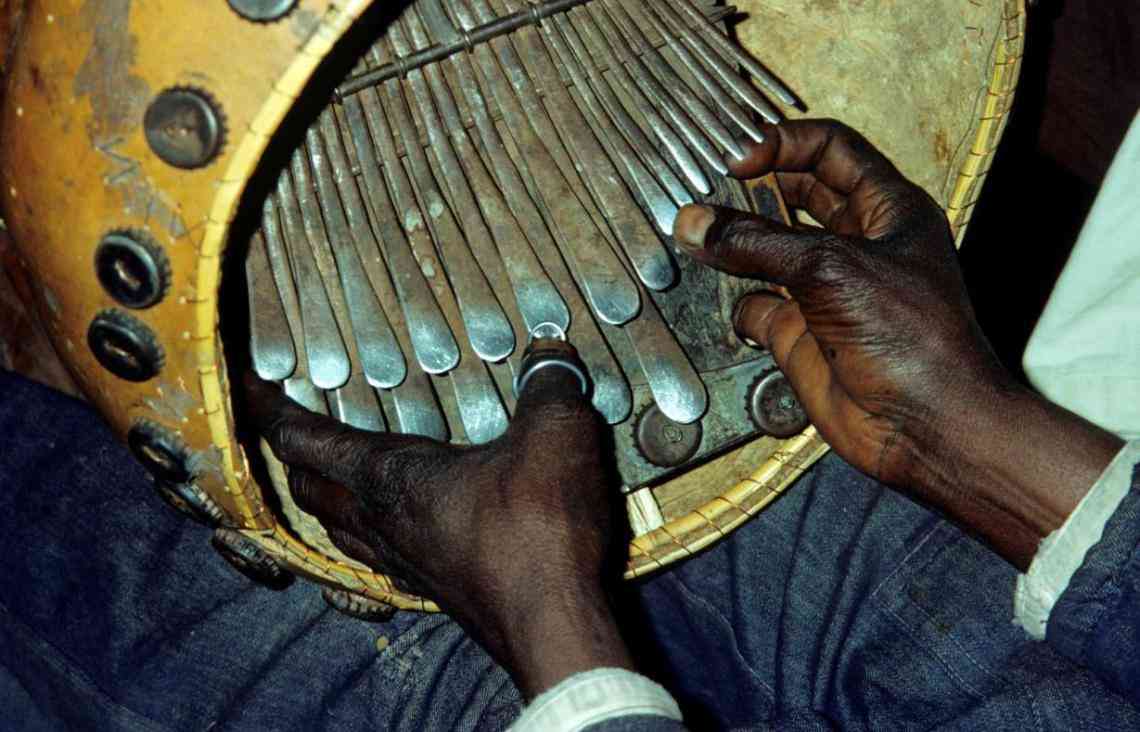
IN the music industry there are cheerleaders — those people who are known to always be near the stage, and are always sure to attend every show, and with some drama, exhibit their love for a particular artiste.
SOUND TRACK: Tapiwa Zivira

Often cheerleaders are “wannabes” who would not mind being part of the artiste’s troupe if asked to be.
Those who have followed our music industry for years will remember the likes of Great “Officer” Njanji — who later became known as “Detective” — who joined the late Tongai Moyo’s band after Dhewa had been mesmerised by his dances.
Franco “Slomo” Dhaka, who now fronts his own band, started off as a dancer whose “slow motion” moves on stage tugged at Alick Macheso’s heart. Macheso was to later rope him into his band as a dancer and before long, Franco was a backing vocalist.
Then there are general fans who may not really want to attend any live show, but follow a certain musician, buy their music, play it, and dance to it. There is also a unique and special group of people that normally is not noticed or recognised, but is crucial to artistes and the music industry.

These people are like shadows lurking in the background but availing their resources — human or otherwise — to bridge the logistical gaps in an artiste’s work. They remain in the background, only known to the artiste, the band, and perhaps the close fans of the artiste.
- Chamisa under fire over US$120K donation
- Mavhunga puts DeMbare into Chibuku quarterfinals
- Pension funds bet on Cabora Bassa oilfields
- Councils defy govt fire tender directive
Keep Reading
These people often do this out of love of music, and out of respect for the artistes. One such person was Edmos Pazvakavambwa, known in music circles as Bla Eddie.
He will be laid to rest tomorrow in Gweru after he was called to glory last Saturday, at the age of 52.
Bla Eddie, an electrician at Zimplats, used his spare time to collect Thomas ‘Mukanya’ Mapfumo’s music and was virtually an unofficial ambassador of Chimurenga music.
When I interviewed him earlier this year, Bla Eddie invited me to his home in Norton so he could share with me some of the rare Mukanya interviews and music that he had in his collection, and open up about his life and times during which he trailed Mukanya.
Regrettably, I never managed to pursue the invite, and it is only today that I realise the importance of documenting the experiences of such people as they are a source of information on the lives of artistes backstage.
With information about artistes, especially the older generation, being so rare, voices from people like Bla Eddie are important as they give a rare glimpse of the life of an artiste from a fan’s perspective.
Although he ended up with strong ties to Mukanya, voluntarily handling some of the veteran musician’s logistics locally, Bla Eddie remained a humble man. He would never brag in the streets that he was a phone call away from the living legend.
Bla Eddie would just pass off as any other ordinary person even though he was someone special to Mukanya.
Whenever Mukanya had a show in South Africa, Bla Eddie was always the one to make sure he selected the best vocalists and instrumentalists, and in a phone interview yesterday, Mukanya acknowledged this role.
“We have indeed lost someone who was always there when needed. He helped us find instrumentalists and vocalists whenever I came to South Africa. And when I came to Zimbabwe this year, he was the one who went out to look for vocalists, out of his own volition,” Mukanya told Sound Track.
In addition to assisting with logistics, Bla Eddie came to the assistance of Mukanya whenever the veteran and outspoken musician needed some record of interviews and music that he no longer had.
In Zimbabwe, we have so many Bla Eddies who go about their work unacknowledged, yet they carry a vast wealth of information about our living and late music legends.
These are people who know details that, if compiled into a book, or a documentary, would fill in the gaps in the history and traditions of Zimbabwean music, particularly the nuances that so often escape the lense of mainstream media.
Rest in peace Bla Eddie.
Tapiwa Zivira writes in his own capacity. He can be contacted on [email protected]











